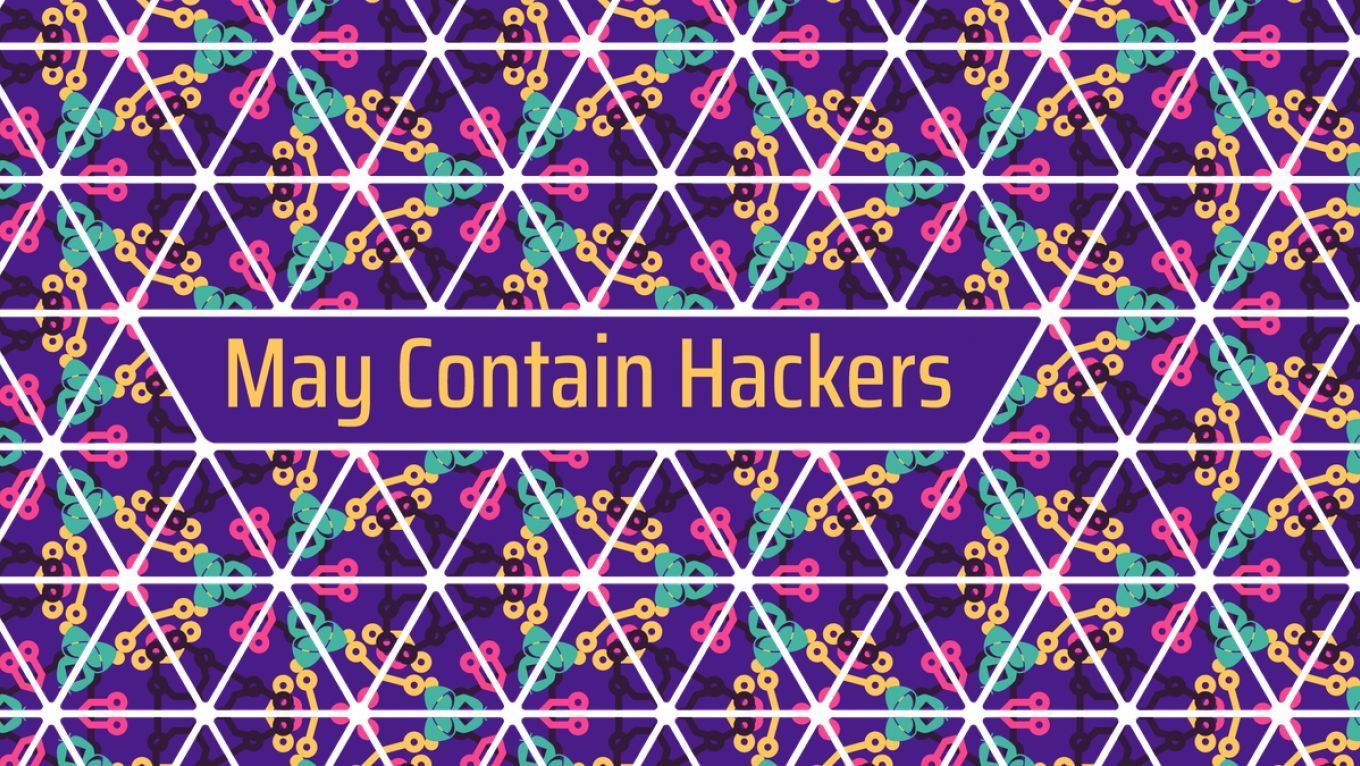MCH2022 Curated content
Programming microcontrollers in Go using TinyGo
Go is often thought of as a server programming language, especially one used for microservices. However, I argue that it can also be a good language for much smaller systems: microcontrollers. Especially with the Internet of Things there is a need for a language that is safer, easier to use (harder to misuse) and easier to build and test.
For many years, C has been the dominant language in the embedded world and especially microcontrollers. Almost all embedded systems are written in C. The last few years this has been changing, with new languages being used for this purpose:
* [Rust](https://www.rust-lang.org/what/embedded) has seen rapid growth in embedded systems with its focus on safety and expressiveness. It is in fact a great replacement for C, as it is just as low level and efficient as C but without all the footguns. However, many people find this language hard to learn.
* Another language that's sometimes used is Python, in the form of [MicroPython](https://micropython.org/). This is in fact what powers the SHA2017 and MCH2022 badges. While the project is an amazing accomplishment, it still suffers from the fact that the language is interpreted and there are limits to how fast it can be.
* Some people have also used other languages, such as [Lua](https://nodemcu.readthedocs.io/en/release/), [JavaScript](https://www.espruino.com/), [Oberon](https://www.astrobe.com/), [Forth](https://hackaday.com/2017/01/27/forth-the-hackers-language/), [Ada](https://blog.adacore.com/ada-on-the-microbit), and probably others. I'm not aware of a language that got much further than experimental or very specific uses.
* Then there is [TinyGo](https://tinygo.org/), which is a new compiler for the Go language and primarily targets baremetal embedded systems and WebAssembly. This is what I will talk about.
TinyGo is a new compiler for the Go programming language. Its goal is to implement the Go language specification, be able to compile most of the Go standard library, but still optimize well enough so that binaries can run on a range of large and small embedded systems. It optimizes much more aggressively than the main Go implementation and the resulting binaries are able to run on systems ranging from the Arduino Uno, to the BBC micro:bit, to the MCH2022 badge with an ESP32 chip. I believe TinyGo offers most of the ease-of-use benefits of interpreted languages while providing most of the performance benefits of languages such as C.
In this talk, I will cover what kinds of problems C can cause, why Go can be a great fit on embedded systems, an explanation of some optimizations that it does that help lower its code size and RAM consumption, and some examples of projects written using TinyGo. Oh, and of course some demos.
Additional information
| Type | Short Talk |
|---|---|
| Language | English |
More sessions
| 7/22/22 |
⚠️ Warning! This talk may contain hackers. There may be hackers in the room. There may be hackers surrounding the room. There may be hackers recording this. There may be hackers listening in. There may be hackers that exfiltrate data. There may be hackers wearing shirts. There may be hackers carrying spying devices. OH NO! There are hackers EVERYWHERE! What can we do now, except having a party?
|
| 7/22/22 |
What do big tech, synthesizers, the crucifixion and Matthäus Passion have in common? Find the answer in the tech performance The Silicon Passion. We’ve all embraced big tech —but is it a warm hug or a strangulation? Bear witness to a debate of biblical proportions between tech nerds, technology and its users. In The Silicon Passion SETUP, in collaboration with de Transmissie (David Schwarz en Derk Stenvers) and Rodrigo Ferreira, is looking for a way out of the pit that technology has ...
|
| 7/22/22 |
Lightning talks are a 5 to 10 minute quick talk on an interesting subject. They can be with or without slides, and with or without proper preparation. if you weren't accepted in the main CfP, this is also a great opportunity to give an abridged version of your talk. These sessions will be available to sign up to later on, with details on the wiki: https://wiki.mch2022.org/Static:Lightning_Talks
|
| 7/22/22 |
In this workshop, we will learn how to assemble tiny parts on circuit boards by building an electronic touch-activated purring kitten. Anyone can do it. Yes, even you who never touched anything electronic before. Takes 120mins, 20€/kit, avoid caffeine immediately before. Max 10 participants per session, sign up on PAPER at the Hardware Hacking Area.
|
| 7/22/22 |
This is a submission for a keynote talk at MCH2022. The Internet is both a familiar, comfortable place as well as a bottomless rabbit hole you can lose yourself in. The Internet has always been like this from its inception, the difference now is the scale and consequences are almost immeasurable - and it tests the limits of human imagination. When you look into the mirror of the Internet what you see reflected back depends on what you are looking for. It has become largely a reflection of ...
|
| 7/22/22 |
Have you ever forgotten a passphrase or lost a hardware token? Lost access to enough Bitcoin to buy a pizza or two? Encryption is fundamental to securing our liberties, but key and password management remain difficult even for professionals, let alone the general public. This talk presents Passcrow, an Open Source project attempting to address one of crypto's largest usability issues: password and key recovery in a decentralized environment.
|
| 7/22/22 |
Thanks to DNSSEC and DANE, it is possible to automatically verify user@domain.name identities by checking with domain.name servers. The real problem however, is integration with existing protocols, instead of inventing something completely new and perhaps web-only. The purpose of our work on Realm Crossover mechanisms has been to design generic solutions that extend many different application protocols, without changing their protocol specs.
|

